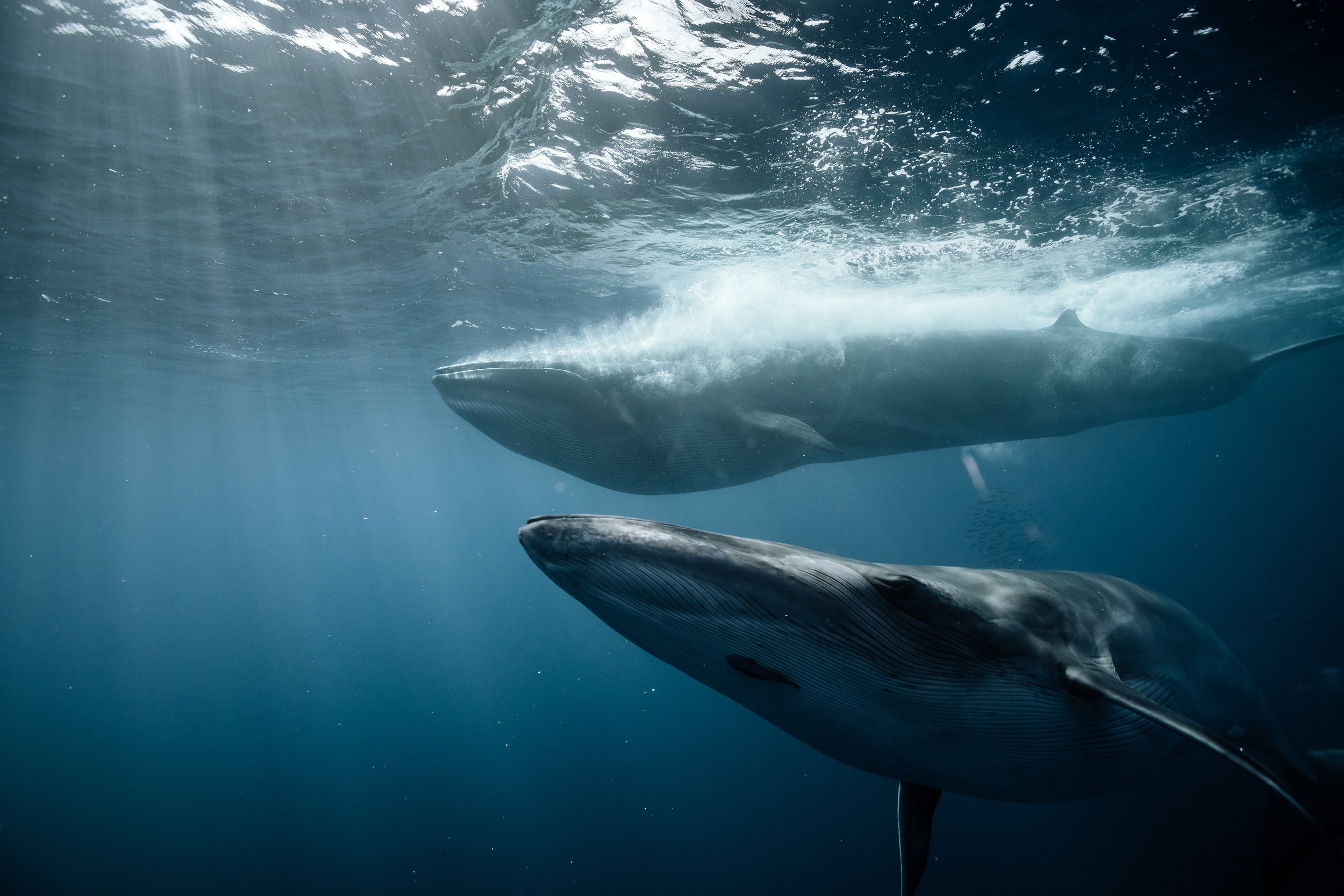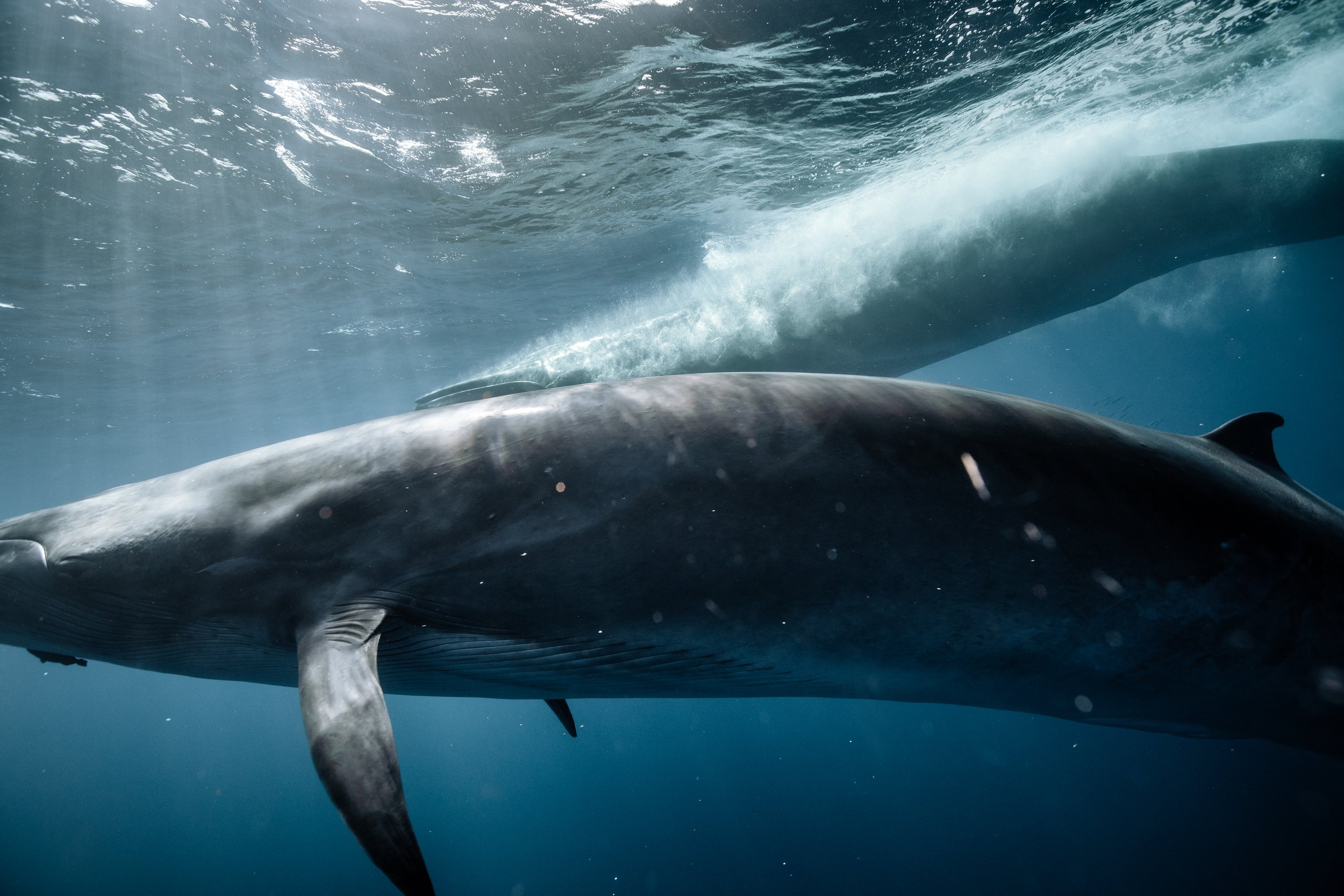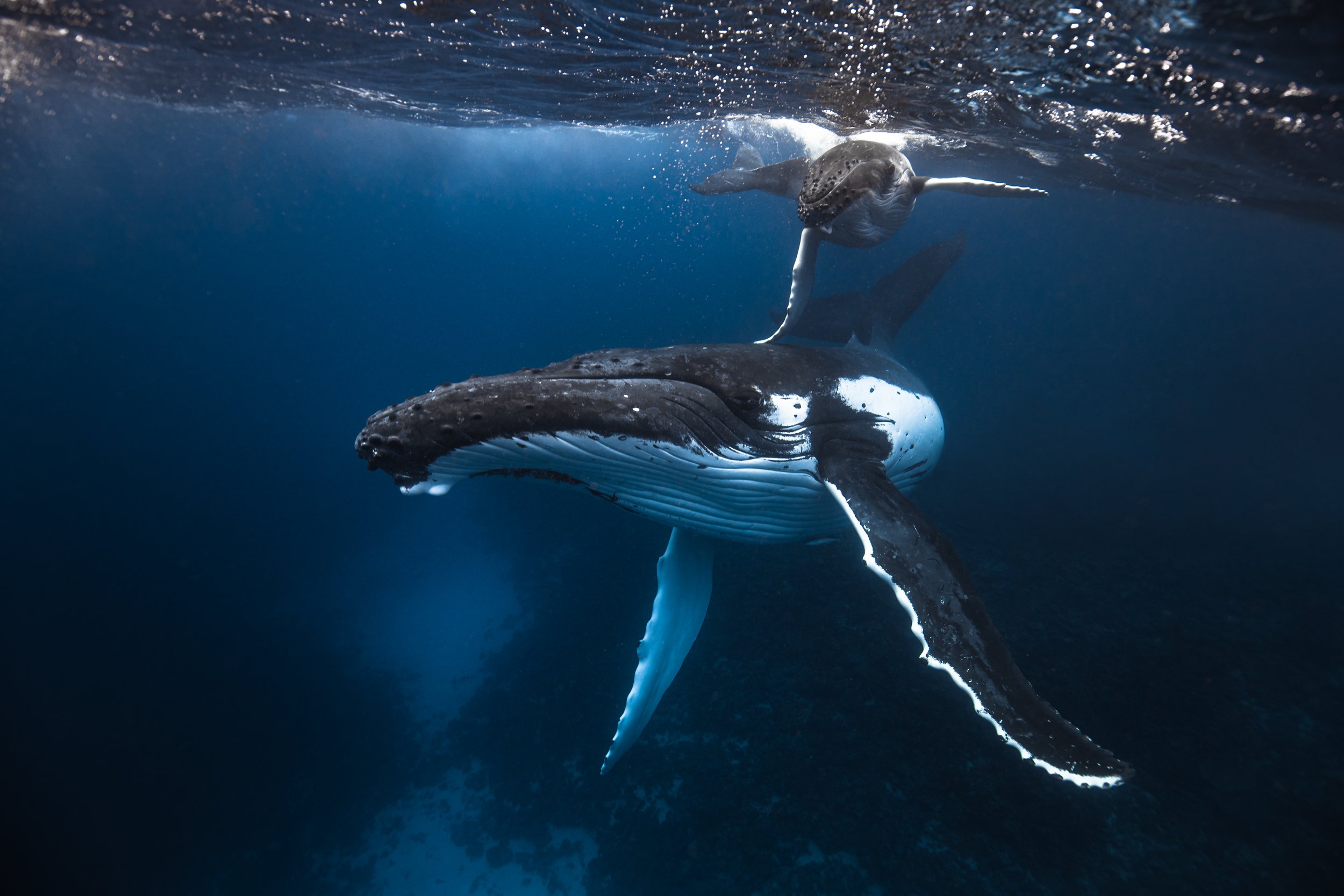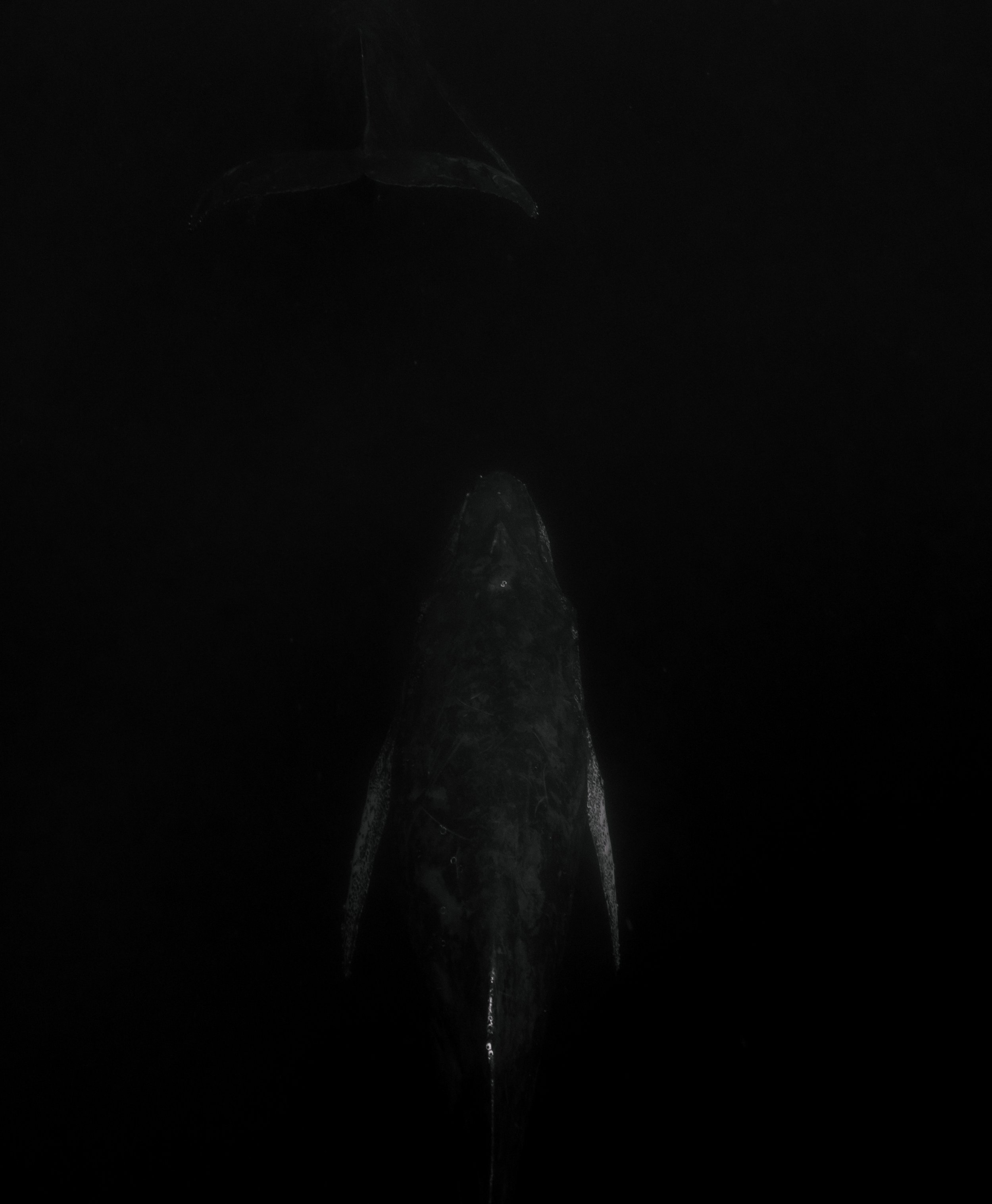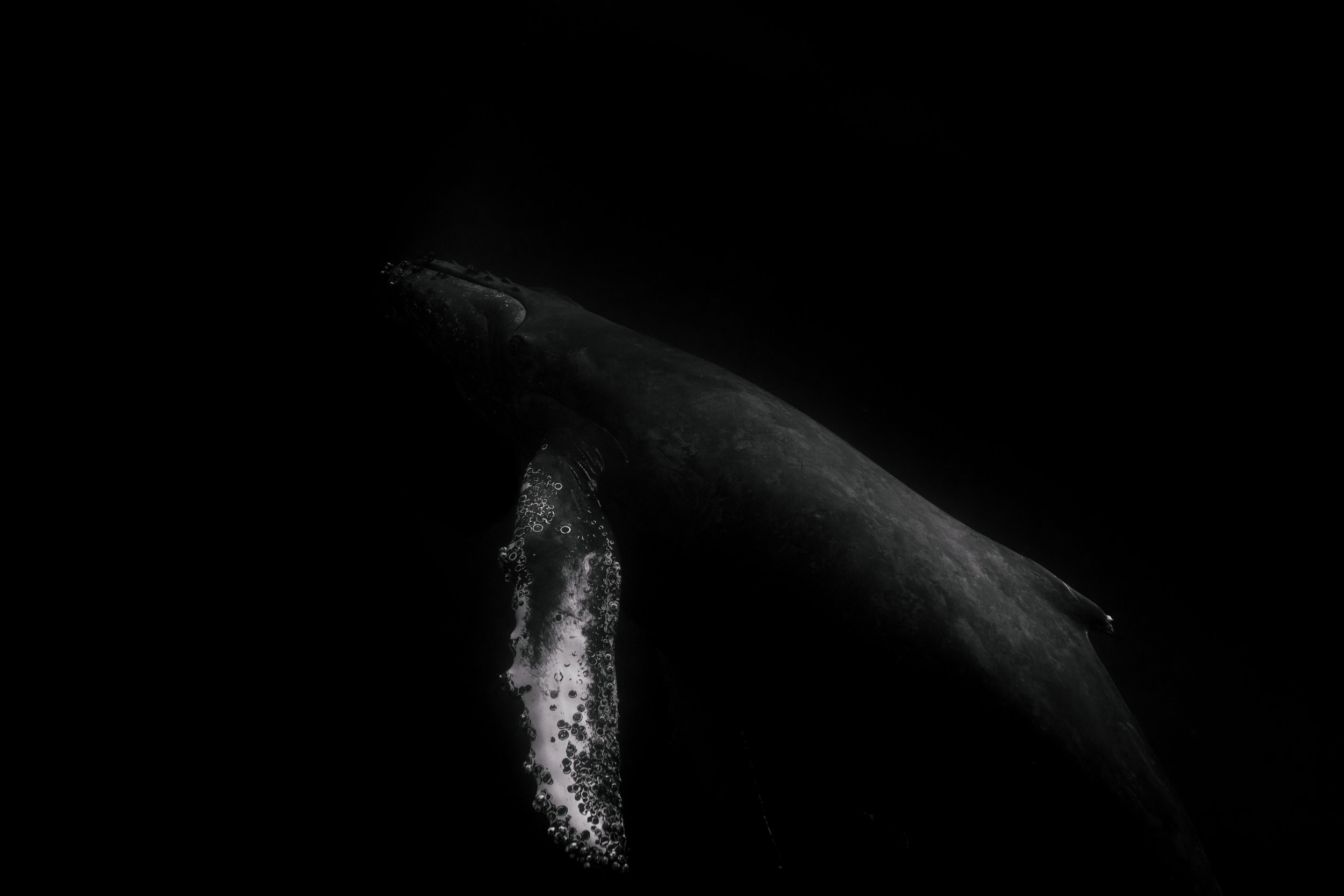How Saving Whales Will Reduce Carbon Emissions
The world is facing a climate crisis, and we all need to do our part to help reduce carbon emissions. It is essential to understand that everything is interconnected in our ecosystem. The oceans, forests, and soil act as natural carbon sinks, absorbing and storing carbon from the atmosphere. However, one of the most significant natural carbon sinks that are often overlooked is whales.
According to a paper published in the journal Trends in Ecology & Evolution, whales can help save humanity from the accelerating climate crisis by sequestering and storing planet-heating carbon emissions.
Image by @mattporteous
Why Do We Need to Reduce Carbon Emissions?
Carbon emissions from human activities, such as burning fossil fuels, deforestation, and industrial processes, are the primary cause of climate change. Climate change can lead to rising sea levels, more frequent and severe extreme weather events, the loss of biodiversity, and the extinction of species.
To mitigate the effects of climate change, we need to reduce our carbon footprint. One way to do this is to reduce our dependence on fossil fuels and switch to renewable energy sources like solar, wind, and hydropower.
Another way is to protect and restore natural carbon sinks like forests, soil, and oceans. And, as we will discuss in this Ocean Diary, we can also protect whales, which are incredible natural carbon sinks.
Images by @mattporteous
How Do Whales Reduce Carbon Emissions?
Whales play a vital role in regulating the Earth's climate by capturing carbon from the atmosphere and storing it in their bodies for centuries. The process of carbon sequestration occurs when whales consume large amounts of krill and plankton, which absorb carbon through photosynthesis. This carbon is then stored in the whales' bodies and sinks to the ocean floor when the whales die.
The carbon sequestration potential of whales is enormous. A study published in the journal Frontiers in Ecology and the Environment estimated that the world's whales could store up to 33 tons of carbon per animal, on average.
This means that the world's whale population could sequester around 1.7 billion tons of carbon dioxide each year, which is equivalent to the annual carbon emissions of Brazil.
Image by @jonoallenphotography
Current Threats to Whales
Despite the crucial role that whales play in our ecosystem, they face numerous threats. One of the most significant threats is commercial whaling, which has led to a significant decline in whale populations worldwide. Many countries continue to hunt whales for their meat, oil, and other products, despite the International Whaling Commission's ban on commercial whaling in the 1980s.
However, Iceland and Norway lodged official objections to the moratorium and have continued a commercial hunt. Japan and Iceland have also continued to hunt whales under the guise of "scientific whaling".
Another threat to whales is climate change, which is affecting their habitat and food sources. As the oceans warm, the distribution of krill and other small organisms that whales feed on is changing, making it more difficult for whales to find food.
The loss of sea ice in the Arctic is also affecting the migration patterns of whales, which may lead to a decline in their populations.
Images by @mattporteous
Illegal fishing of Whales
Illegal fishing practices of whales are another significant threat to their populations.
According to the International Fund for Animal Welfare, illegal whaling continues to occur in many parts of the world, including the North Atlantic, the Southern Ocean, and the Pacific. Illegal whaling not only threatens the survival of whale populations but also undermines conservation efforts and the rule of law.
Image by @mattporteous
Ways We Can Protect Whales In the Ocean
Protecting whales is essential for our planet's health and well-being. Several steps can be taken to protect whales in the ocean, including:
Strengthening international laws and regulations to protect whales from commercial and illegal whaling.
Reducing pollution in the oceans, which can harm whales and their food sources.
Restoring whale habitats, such as feeding and breeding grounds, which have been degraded or destroyed by human activities.
Promoting responsible whale watching and eco-tourism, which can provide income for local communities and support conservation efforts.
Image by @mattporteous
We need to take urgent action to reduce our carbon footprint and protect natural carbon sinks like whales. The benefits of doing so are enormous, not only for the health of our planet but also for our own well-being.
Whales are vital to our planet's health and well-being. By sequestering and storing carbon, they play an essential role in regulating the Earth's climate.


